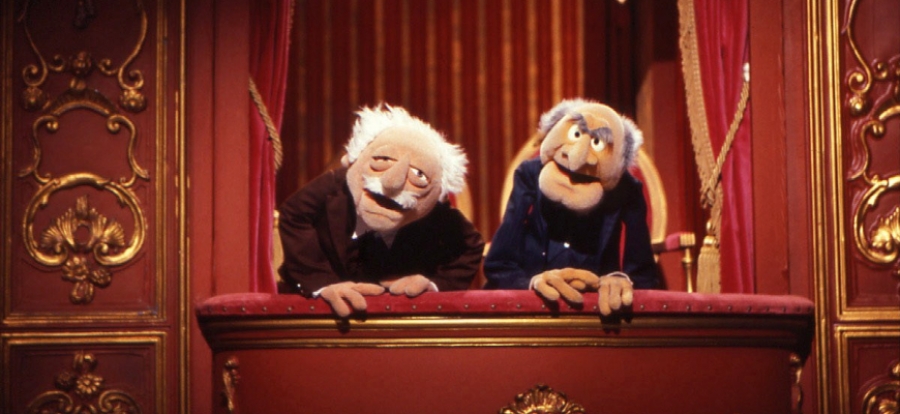"For today’s pupils, the language used in the Bard’s plays may not resonate."
Different pupils will learn in different ways, and some may find it harder to engage with certain subjects more than others. The challenge, therefore, is finding a way to make the subject matter relevant to these pupils, helping to spark their interest, or maybe even reveal an undiscovered passion.
Educational trips have long been a popular choice with teachers looking to find new ways to help improve pupil engagement. Taking your pupils out of the classroom can help them see things in a new light and connect what you’ve been teaching to their everyday lives.
Expanding knowledge and understanding
For English and Drama classes, trips to watch plays performed in the theatre is a fantastic way to spark pupils’ interest, bringing to life the stories they have been studying in the classroom. In fact, theatre trips offer a wide array of educational and personal benefits to students. Many pupils will struggle to understand the language used in the texts studied in school.
For example, studying Shakespeare in English is a rite of passage, one which we all have our own memories of. But there’s no escaping the fact that for today’s pupils, the language used in the Bard’s plays may not resonate with them. Seeing these famous plays performed live will not only help them gain a better understanding of the texts, but will also help them find a new appreciation for them.
When Drama students reach GCSE level, they’re expected to be able to demonstrate knowledge and understanding of everything from costume and set design to lighting, sound and stage management. While for some pupils this may seem a difficult task, attending the theatre can help them understand how all of these different components come together to create a play.
Watching live theatre can give pupils a greater feeling of involvement with the subject matter. It’s also always a good idea to follow any trips up with a workshop of follow-up session with your class, where you can discuss the play and perhaps take part in some exercises to demonstrate understanding.
Developing important personal skills
However, a trip to the theatre offers pupils more than just academic value. Watching live theatre can encourage imagination and creativity, while also helping to build a child’s confidence. Exposure to the arts from an early age also increases the likelihood of children developing a genuine interest in this area in later life, further broadening their cultural horizons.
A 2015 study"Watching live theatre can encourage imagination and creativity." from the University of Arkansas found that educational trips to the theatre helped pupils develop an increased tolerance of others. This was said to be due to the pupils being exposed to a diverse world populated with different people and ideas, which in turn lead to them being more aware and accepting of those differences.
The study also found that seeing live theatre helped pupils to become better at reading other people’s emotions. Because theatre requires actors to convey what their characters are thinking and feeling to the audience, this can provide the audience with practice in reading emotions that they may not find in everyday experiences.
Uncovering hidden passions
It’s clear to see how theatre trips can benefit pupils, helping them develop understanding and skills they can use both in and out of the classroom. Many pupils would never normally find themselves in a situation where they were able to appreciate theatre in their personal lives, and may end up uncovering a passion for the arts that they never knew they had. And I think all teachers will agree that when a pupil has a passion for a subject, their engagement and results will both improve.
Have you undertaken a school trip to the theatre? Share your experiences in the comments section!


















